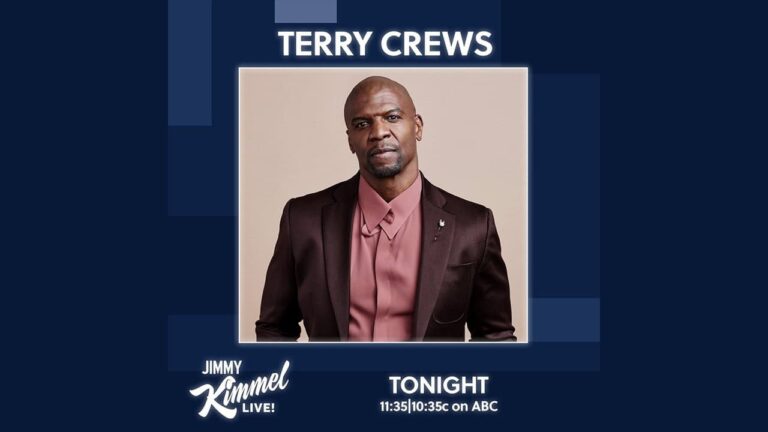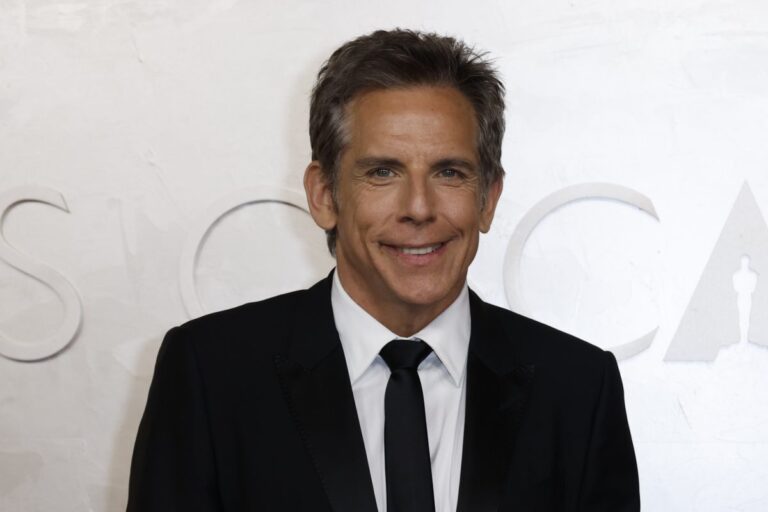Warner Bros Discovery Responds to Urgent Calls for Israeli Film Boycott: ‘Discrimination Not Allowed’
Warner Bros Discovery has addressed a legal letter calling for a boycott of Israeli film institutions, saying such a pledge would likely go against its internal policies. They took a page from Paramount’s book and rejected the boycott, becoming the second major Hollywood studio to do so.
Warner Bros Discovery Says No to Boycott
A WBD spokesperson told the Hollywood Reporter that, “Warner Bros Discovery is committed to fostering an inclusive and respectful environment for its employees, collaborators, and other stakeholders. Our policies prohibit discrimination of any kind, including discrimination based on race, religion, national origin, or ancestry.”
The spokesperson for Warner Bros Discovery added, “We believe a boycott of Israeli film institutions violates our policies. While we respect the rights of individuals and groups to express their views and advocate for causes, we will continue to align our business practices with the requirements of our policies and the law.”
The whole thing started with Film Workers for Palestine, a group that managed to get thousands of industry professionals to sign a pledge. We’re not talking about some fringe movement here – this thing has serious star power behind it. The list reads like a who’s who of Hollywood, featuring Javier Bardem, Aya DuVernay, Tilda Swinton, and dozens of other notable names.
According to Variety, their pledge calls for boycotting Israeli film institutions they claim are “implicated in genocide and apartheid against the Palestinian people.” The group draws parallels to the anti-apartheid movement in South Africa, arguing that the film industry has done this before and should do it again.
Warner Bros Discovery Draws Its Line in the Sand
Here’s where it gets complicated. The group insists they’re not targeting individual Israeli filmmakers based on their nationality – they say they’re going after institutions, not people. Yet critics argue that’s a distinction without much of a real difference. Warner Bros Discovery didn’t mince words in their response.
This puts Warner Bros Discovery in the same camp as Paramount, which was the first major studio to speak out against the boycott. Paramount’s chief communication officer didn’t pull any punches either, saying that, “silencing individual creative artists based on their nationality does not promote better understanding or advance the cause of peace.”
It’s not just about corporate policies or moral stances. Real legal concerns are brewing on both sides of the Atlantic. U.K. Lawyers for Israel have warned studios, agencies, and unions that the boycott pledge could violate the Equality Act 2010, making it a “litigation risk.” That’s lawyer-speak for “you could get sued.”
Meanwhile, in the United States, the Louis D. Brandeis Center for Human Rights under Law has cautioned that “numerous federal and state civil rights laws plainly prohibit” such boycotts. These aren’t empty threats – they’re pointing to actual laws that could come into play. The legal implications extend beyond just potential lawsuits. There are concerns about how this could affect insurance and film financing. When lawyers start talking about litigation risks, studio executives listen.
A Counter-Movement Emerges
Not everyone in Hollywood is buying into the boycott. A counter-letter organized by Creative Community for Peace and the Brigade has gathered over 1,200 signatures from industry figures, including Liev Schreiber, Mayim Bialik, and Debra Messing. Their letter doesn’t just disagree with the boycott – it calls the Film Workers for Palestine effort “not an act of conscience” but rather “a document of misinformation.”
That’s fighting words in an industry where perception often matters more than reality. What gets lost in all the corporate statements and legal warnings is the human element. For many people in Hollywood, this isn’t just about policy positions or legal compliance. It’s deeply personal.
Artists on both sides of this debate are genuinely struggling with what they see as a moral imperative. Those supporting the boycott believe they’re taking a stand against what they view as human rights abuses. Those opposing it worry about discrimination and the dangerous precedent of targeting people based on their nationality or the actions of their government.
The emotional toll is real. Friendships are being tested, professional relationships are strained, and people are having to make career decisions based on political positions that many never expected to face in their work lives. The statements from Warner Bros Discovery and Paramount aren’t just corporate positioning – they’re likely to influence how other studios and production companies handle this issue. When major players take such definitive stances, it often creates a domino effect throughout the industry.
Final Thoughts
The entertainment industry has always reflected broader cultural and political tensions, but rarely has the divide been this stark or this public. What we’re seeing isn’t just about one specific conflict – it’s about fundamental questions of artistic freedom, corporate responsibility, and the limits of political expression in a global entertainment industry.






